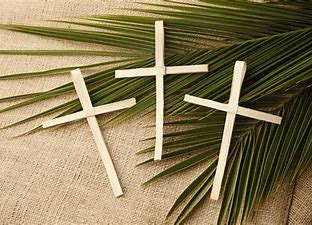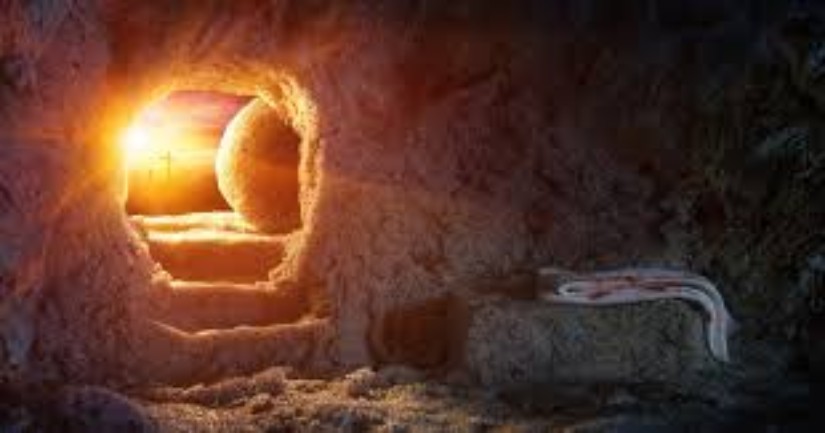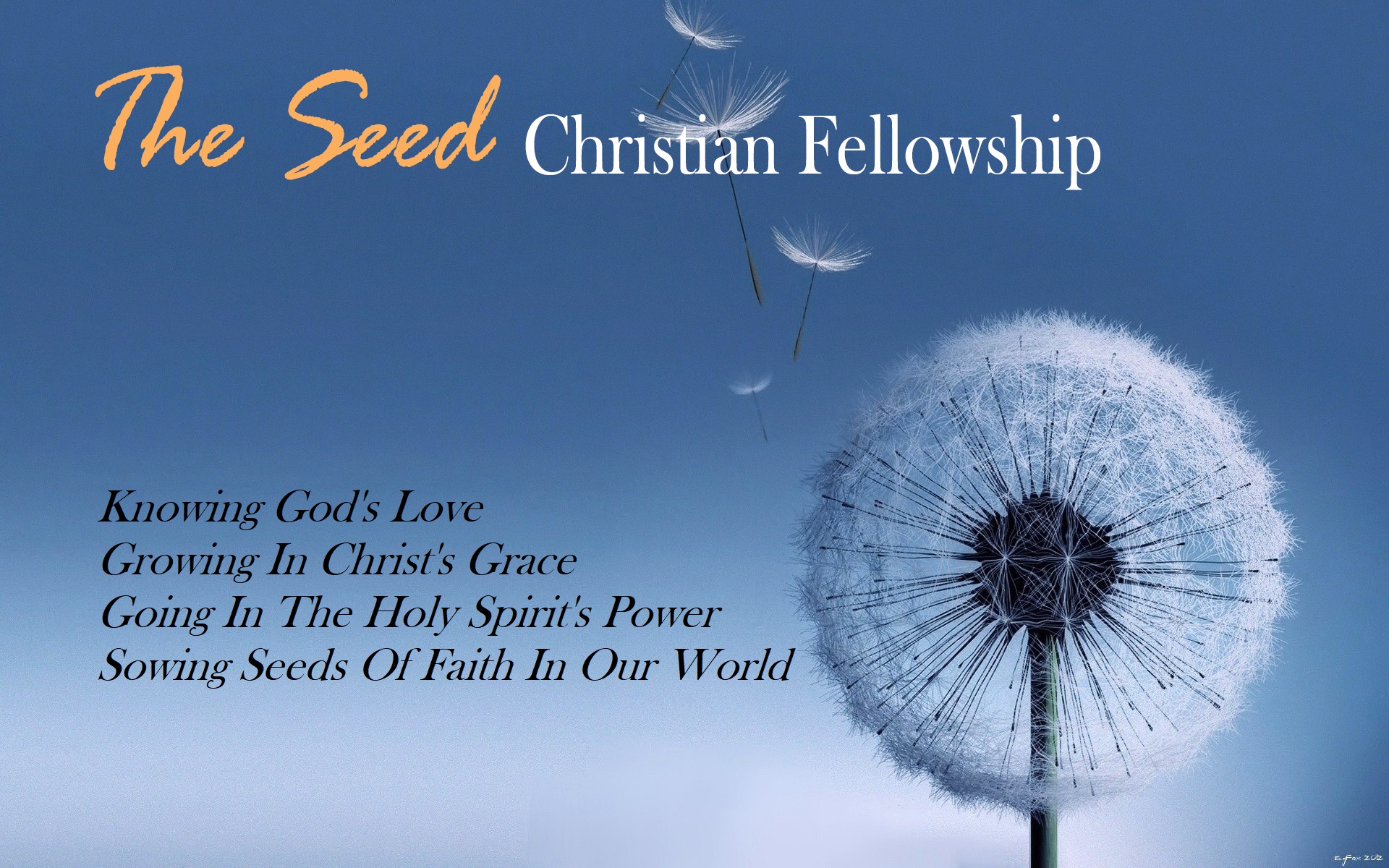Revelation 21:5-8 All Things New

In revelation 21:5-8, the apostle John’s long tour of church history brings him finally to the end of the world. Previous visions have brought us to the brink of the end. But the sixth cycle of visions, starting in chapter 17, has seen judgment and removal of all Christ’s enemies. The great harlot Babylon has fallen. The beast and false prophet have gone into the lake of fire. Satan the dragon has also been cast into the fiery lake, together with even death and Hades. The sea itself – the symbolic source of chaos and evil – is no more. Now the end of history has been reached in the final verses of the sixth section of Revelation (six being the number of fallen mankind). And here, at the end, John and his readers face God Himself: “And he who was seated on the throne said” (v. 5).
On only two occasions in the book of Revelation does God Himself speak directly. The first occasion was at the beginning: “I am the Alpha and the Omega,’ says the Lord God, ‘who is and who was and who is to come, the Almighty’” (Rev. 1:8). Now, at the end of history, we face God Himself once more. In this way, Revelation makes a vital point: every living soul must deal with God. All through life we may follow the distractions that keep us from reckoning with God, but in the end we must all face Him. Have you stood before God? Are you afraid to think of God, to realize that God sees you and knows you? Are you afraid to speak directly to Him? Because we must all face God, we have no greater need than to know Him. Verses 5-8 shows God as He is and as He will be at the end of the world: a God of truth, a God of life, and a God of justice. We see Him taking delight in His victory over all things, declaring His final purpose: “Behold, I am making all things new” (v. 5).
The God of truth: In verse 5 God speaks to John: “Write this down, for these words are trustworthy and true.” Here, God Himself bears witness to the truth of His Word. He is able to establish truth because, as Hebrews 6:18 asserts, “it is impossible for God to lie.” God’s nature demands that He be faithful to His promises. Paul writes: “He who calls you faithful; he will surely do it” (1 Thess. 5:24). In writing down the words that God has given him, John is fulfilling his apostolic office. When Paul said that the church is “built on the foundation of the apostles and prophets” (Eph. 2:20), he meant that by writing down the New Testament, they secured for us the truths committed to them by God for us to believe.
Not only was God speaking to John when He appeared in this vision on the Isle of Patmos, but God speaks to us now as this same Word is read and preached. Ultimately, it is by the Word itself that we know the truth of the Bible, as God speaks directly to us just as He did to John. God reveals the truth of His Word by His Word as the Spirit applies it to our hearts. John writes in verse 5, “He who was seated on the throne said,” and by His declaration that “these words are trustworthy and true,” His people know and recognize the truth of God’s Word. This is why John needed to write the book of Revelation, so that the persecuted believers of his day would receive God’s truth by God’s Word just as tempted believers today need the same.
Not only does God declare the truth of His Word by His own direct assertion, but He declares that the events fortold in Revelation are already fully established: “And he said to me, ‘It is done!’” (v. 6). God is standing at the end of history, speaking to John in the midst of history to declare a future that is already certain. People say that the only certain things are death and taxes. But believers know that everything promised in God’s Word is absolutely certain and worthy of our faith.
In addition to declaring the truth of His Word and the accomplished reality of His promises, God declares to John, “I am the Alpha and the Omega, the beginning and the end” (v. 6). Alpha is the first letter of the Greek alphabet, and omega is the last. By calling Himself “the Alpha and the Omega,” God speaks of His eternal being: He is the Creator who brought all things into existence, and He is the Judge who brings all things to their final end. The point is God’s sovereignty over all things: He can ensure the end because he was Lord at the beginning and remains sovereign through every moment of history. As the Alpha and the Omega of history, God rules absolutely over all things in between.
The God of Life: The God who stands at the end of the world is not only the speaker of truth but also the giver of life. He declares: “Behold I am making all things new” (v. 5). God alone can truly renew because of the Spirit that He sends. He is doing this work now in the hearts of those who believe in Jesus. The old under the domination of sin comes to an end through the new birth into faith in Christ, and a new life begins with power from God for purity, truth, and love. What God is doing now on a limited scale in His people He will extend to all things at the end.
The great tragedy of the world is that lost sinners resent God and avoid Him as much as possible. Men and women recoil at the idea of facing God and try as hard as they can to avoid even thinking about Him. Yet the God they are fleeing is a merciful giver of life. God thus says to John, “To the thirsty I will give from the spring of the water of life without payment” (v. 6). This is God’s message to you if you have never turned to Him in faith. He offers you a life that has its origin in the spring of His own eternal vitality and being.
God offers through His Son everything that the soul needs in order to have eternal life: mercy, grace, pardon, peace, and strength from above. God offers you eternal life as a free gift because of the grace of His generous heart. God’s offer to provide salvation like a spring of water speaks to the experience of life that He offers the thirsty through Jesus. But He adds another aspect of life when He speaks of the relationship that the faithful will fully enter into at the end. “The one who conquers will have this heritage, and I will be his God and he will be my son” (v. 7). If it is the thirsty who are invited to drink from God’s living spring, it is “the one who conquers” who attains the heritage of eternal sonship with God. Together, these two descriptions capture the beginning and the end of the Christian life.
The God of Justice: At the end of the world, God sits enthroned in truth and in the life that He gives. Those who have thirsted for salvation so as to drink from His grace and who have conquered in faith so as to be granted the status of sons will meet God there for an eternal experience of glory. Yet God was speaking to John while the apostle was still living on this earth. This means that a warning must accompany these soaring statements of grace. The God of truth and love must also be revealed as a God of justice who punishes all unforgiven sins. The Lord therefore concluded: “But as for the cowardly, the faithless, the detestable, as for murderers, the sexually immoral, sorcerers, idolaters, and all liars, their portion will be in the lake that burns with fire and sulfur, which is the second death” (v. 8). Those who thirst for sin and for the pleasures of the world, together with those who collaborate in the world’s rebellion against God, will receive not the heritage of glory but the portion of condemnation reserved for all of God’s spiritual enemies in hell.
This is not to say that Christians are people who have never committed such sins or that believers’ lives are completely free from such sins now. God is not telling John that anyone who has ever committed sexual immorality or who has lied is barred from eternal life. Christ came to redeem these very kinds of sinners (Mark 10:45; 1 Tim. 1:15), and the blood of Jesus, God’s Son, cleanses believers from all their sins (1 John 1:7). The point is that those who are saved from such sins are called to renounce them in such a way that they cannot remain characteristic of a Christian’s lifestyle.
Since the God who is enthroned at the end of history is a God of justice, not all will enter into that glorious life. Not all will be saved in the end, but many will follow their rebellious life with an eternal portion “in the lake that burns with fire and sulfur, which is the second death” (v. 8). Just as believers will glorify God’s truth and God’s grace in eternal life, unbelieving sinners will glorify God’s perfect justice in the eternal condemnation of hell.
At the end of the world, God sits enthroned. Every human being will face Him, and God’s sovereign rule will be the arbiter of every person’s eternal destiny. If God is the One who matters most in the end, then God also matters most now. For this reason, every person is called by God’s Word to be reconciled to God through the forgiveness offered by Jesus (2 Cor. 5:20).
There is a single command that God gives to his servant in this passage: “Also he said, ‘Write this down’” (v. 5). John was to write down God’s message, recording the entire book of Revelation. This hails the Word of God as heaven’s chief provision for mankind, by which sinners are warned to their future meeting with God and learn of His grace for salvation through faith in Jesus Christ.
Revelation 21:5-8 Study Questions:
What is the message that comes from the One who sits on the throne Himself (v. 5)?
What is included in “all things”?
What difference should it make in how we live now to know that God’s ultimate purpose is to renew all things of this present existence?



